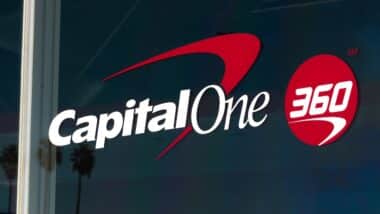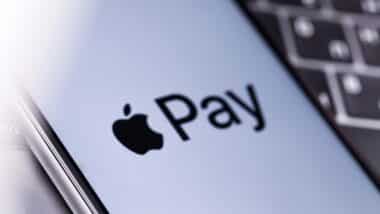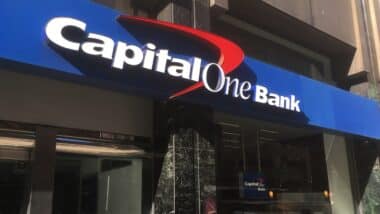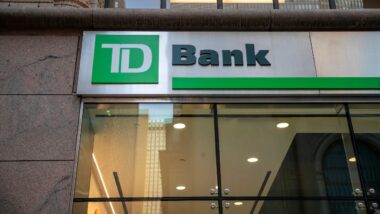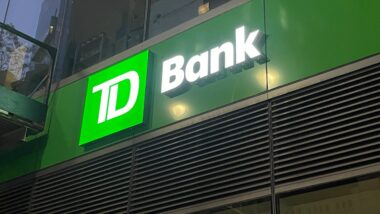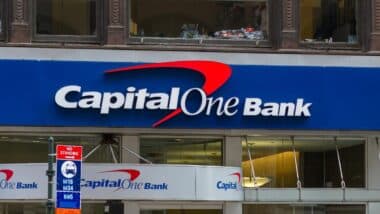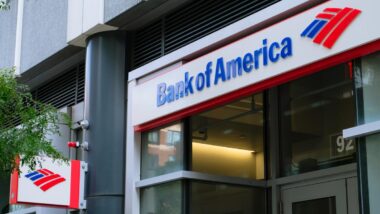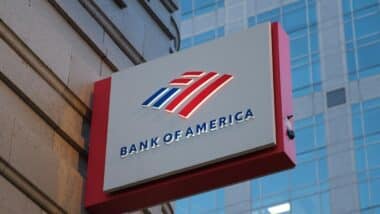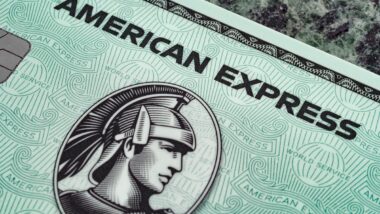 The Royal Bank of Canada is one of the largest financial institutions on the North American continent. It is also one of several banks getting a closer look from consumer rights attorneys for the possible creation of fake bank accounts.
The Royal Bank of Canada is one of the largest financial institutions on the North American continent. It is also one of several banks getting a closer look from consumer rights attorneys for the possible creation of fake bank accounts.
Royal Bank of Canada offers banking services in the various provinces in Canada and cross border financial services in the U.S. The bank also operates internationally with branches abroad, throughout several Caribbean countries, and through the linked City National Bank which has locations on the east coast of the U.S., and in the states of California, Nevada, Minnesota, and Tennessee.
Due to its size, however, the Royal Bank of Canada may have been one of the large- and mid-sized banks recently investigated by the U.S. Office of the Comptroller of Currency (OCC) for evidence of fake bank account creation.
The identity of the banks that were part of the inquiry are intentionally being withheld from the public. In addition to not revealing the bank names, the report will also not be made public.
What is known is that the OCC looked at 40 midsize to larger banks to review records that might reveal an overall trend in the financial industry to bypass patron permission in opening accounts.
What is the Wells Fargo Fake Bank Account Scandal?
In 2016 and 2017, Wells Fargo Bank was discovered to have adopted unrealistic sales goals for their employees and incentivized those goals. As a consequence, their staff ended up opening 3.5 million fake bank accounts and credit card accounts, and adding non-requested services with surcharges to legitimately opened accounts.
These fake accounts were opened without the permission of customers, using the personally identifiable information they already had on file. It was profit motivated in that set-up and monthly fees were passed onto customers by transferring money out of their original accounts. This action also generated additional fees for many patrons which became an additional revenue stream for Wells Fargo.
After the scandal broke, Wells Fargo was forced to reform the sales goals that were believed to be at the heart of the problem. Additionally, as reported in The Guardian, the bank ended up offering an $142 million settlement and other fines.
Federal Regulators Were Suspicious
The federal regulators at the OCC were suspicious that Wells Fargo’s behavior was not isolated in the financial services industry. They believed that employees at other banks might be doing the same.
The investigation that followed discovered that unnamed banks had inadequate account opening and closing protocol, poor controls during short-term sales promotions, and instances of individual employee misconduct that could not be attributed to an institutional trend. Customers of various institutions were warned to check their statements to ensure there was no unauthorized account attached to their name.
There has reportedly been a good response by the financial institutions involved to correct problems that were discovered by the OCC.
An unauthorized bank accounts lawsuit investigation is now looking into banking sales practices at the following banks:
- Bank of America
- BOK Financial
- Capital One
- HSBC
- Royal Bank of Canada
- TD Bank
If you are a customer at one of the banks listed above and you were charged for fees from a bank account you did not open, you were issued a credit card you did not request, or you were enrolled in services you did not authorize, you may qualify to join this fake bank account class action lawsuit investigation.
ATTORNEY ADVERTISING
Top Class Actions is a Proud Member of the American Bar Association
LEGAL INFORMATION IS NOT LEGAL ADVICE
Top Class Actions Legal Statement
©2008 – 2025 Top Class Actions® LLC
Various Trademarks held by their respective owners
This website is not intended for viewing or usage by European Union citizens.
Get Help – It’s Free
Join a Free Fake Bank Account Class Action Lawsuit Investigation
If your bank and credit union has engaged in deceptive overdraft fee practices, you may have a legal claim. Fill out the form on this page now to find out if you qualify!
An attorney will contact you if you qualify to discuss the details of your potential case.
PLEASE NOTE: If you want to participate in this investigation, it is imperative that you reply to the law firm if they call or email you. Failing to do so may result in you not getting signed up as a client or getting you dropped as a client.
In order to properly investigate fake bank account claims, you may be required to disclose bank statements to attorneys. Please note that any such information will be kept private and confidential.
Oops! We could not locate your form.

